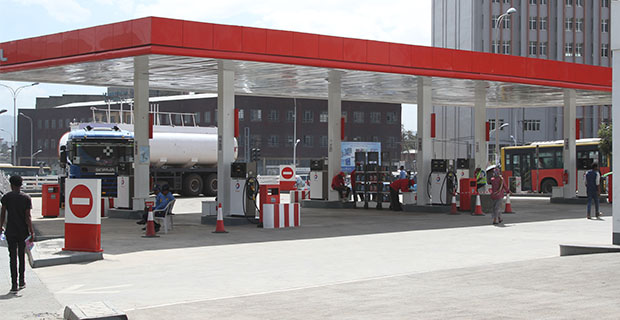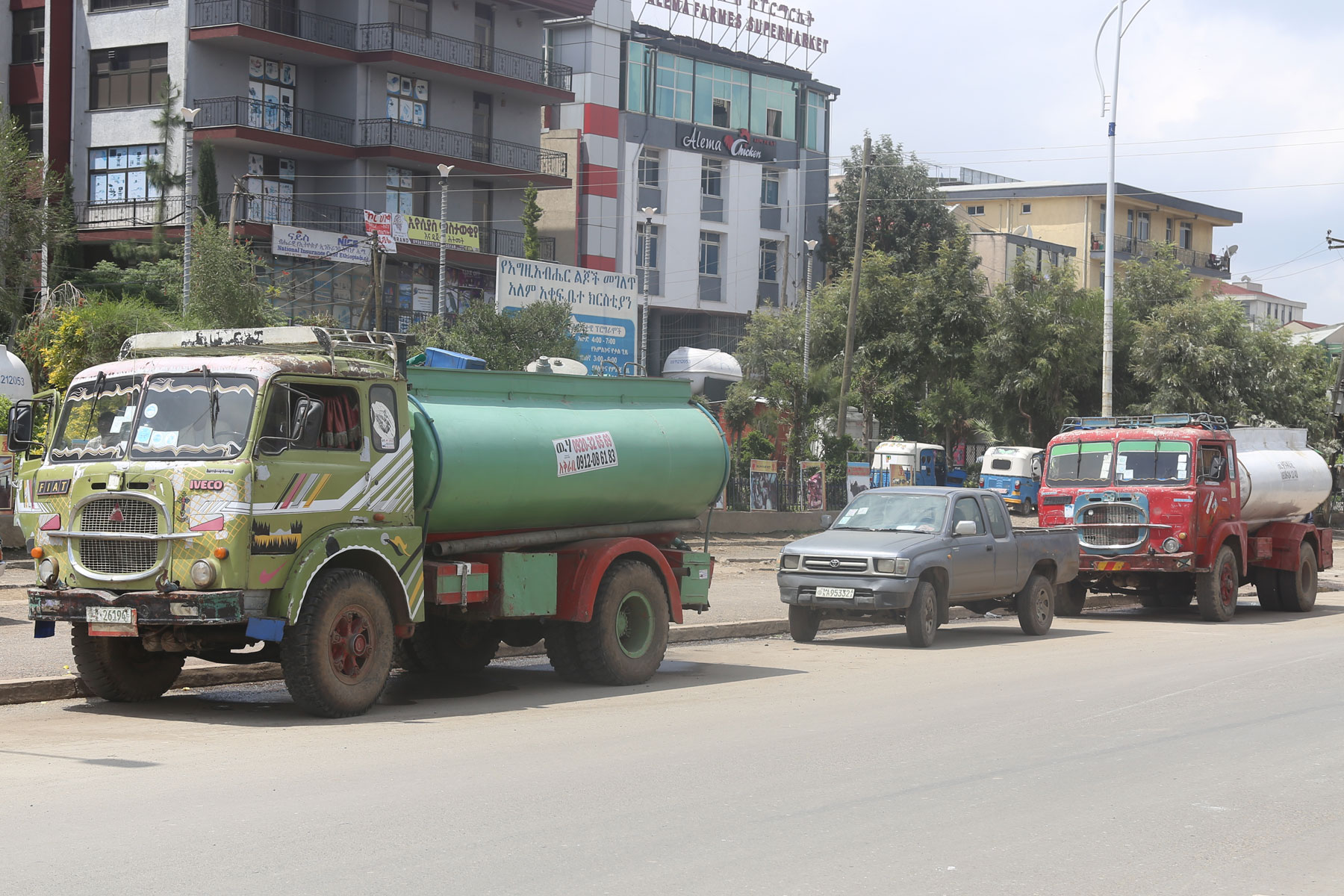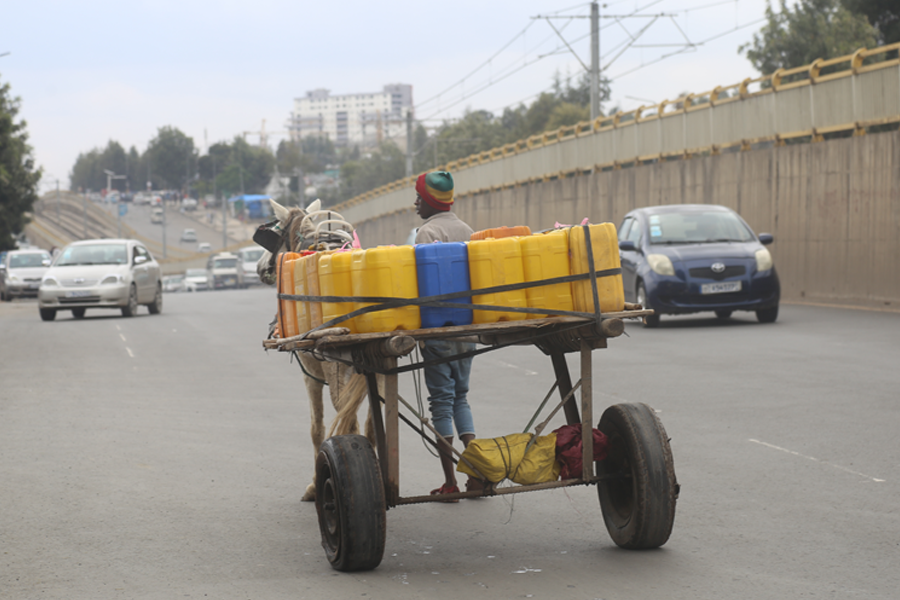
Fortune News | Sep 28,2019
Feb 2 , 2019
By MADEBO GIRMA ( FORTUNE STAFF WRITER )
The city's state-owned slaughterhouse corporation is building a primary wastewater treatment plant at its Aqaqi Qality facility for an estimated 40 million Br.
Addis Abeba Abattoirs Enterprise's plant, which will sit on 2,673Sqm of land, is expected to be completed in a year and will have the capacity to treat 200 cubic metres of water a day. More than 20pc of treated water will be recycled at the plant for cleaning purposes, while the rest will be discharged into the Akaki River or be used for irrigation purposes.
"It costs us a lot of money to discharge the waste material from the abattoir physically," said Degamlak Dender, project manager at the Enterprise.
The Enterprise currently discharges its waste by mixing contaminated water with soil and disposing the mixture in farmland. The cost, in equipment and labour, was around 800,000 Br a year.
A tender was floated on January 2, 2019, to hire a contractor for the construction of the treatment plant, which slaughters over 500 cattle, sheep and camels daily during holiday seasons. The tender will be closed on February 20, 2019.
The civil work for the wastewater treatment plant consists of heavy earth moving and the construction of retaining walls, concrete and drainage work, chambers and waterproofing.
The Ethiopian Construction Design & Supervision Works, established four years ago, is carrying out the design and consulting on the project. It has experience on design and supervision works for the Tendaho and Rib dam and irrigation projects.
The consultant was awarded the project through a restrictive bid and delivered the design for the treatment plant last December.
The six-decade-old Enterprise, which slaughters over 400,000 livestock annually, is also undertaking the construction of a new slaughterhouse that would replace its Qera facility, along Tanzania Street, for which a two billion Birr financing has been secured from the French Development Agency. Upon completion, the plant will double the slaughtering capacity of the Enterprise. The new project will enable the Enterprise to slaughter 60pc of the meat consumed in the capital.
It is one of over 180 abattoirs in the country, almost two-thirds of them locally owned. Ethiopia has Africa’s largest livestock population, with 59.5 million cattle, 30.7 million sheep, 30.2 million goats and one million camels. The nation earned 192.7 million dollars in exports from livestock, mainly to Middle Eastern countries.
Mesay Mulugeta (PhD), associate professor of socioeconomic development and environmental studies at Addis Abeba University, commends this investment by the Enterprise.
"Protecting the environment from any waste-related discharge is an obligation industries have to undertake," he told Fortune. "Protecting the environment will also help the abattoir have a better relationship with residents in surrounding areas."
PUBLISHED ON
Feb 02,2019 [ VOL
19 , NO
979]

Viewpoints | Feb 12,2022

Fortune News | Apr 28,2024

Agenda | Mar 18,2023

Radar | May 21,2022

Radar | Jul 23,2022

Dec 22 , 2024 . By TIZITA SHEWAFERAW
Charged with transforming colossal state-owned enterprises into modern and competitiv...

Aug 18 , 2024 . By AKSAH ITALO
Although predictable Yonas Zerihun's job in the ride-hailing service is not immune to...

Jul 28 , 2024 . By TIZITA SHEWAFERAW
Unhabitual, perhaps too many, Samuel Gebreyohannes, 38, used to occasionally enjoy a couple of beers at breakfast. However, he recently swit...

Jul 13 , 2024 . By AKSAH ITALO
Investors who rely on tractors, trucks, and field vehicles for commuting, transporting commodities, and f...

Oct 25 , 2025
The regulatory machinery is on overdrive. In only two years, no fewer than 35 new pro...

Oct 18 , 2025
The political establishment, notably the ruling party and its top brass, has become p...

Oct 11 , 2025
Ladislas Farago, a roving Associated Press (AP) correspondent, arrived in Ethiopia in...

Oct 4 , 2025
Eyob Tekalegn (PhD) had been in the Governor's chair for only weeks when, on Septembe...